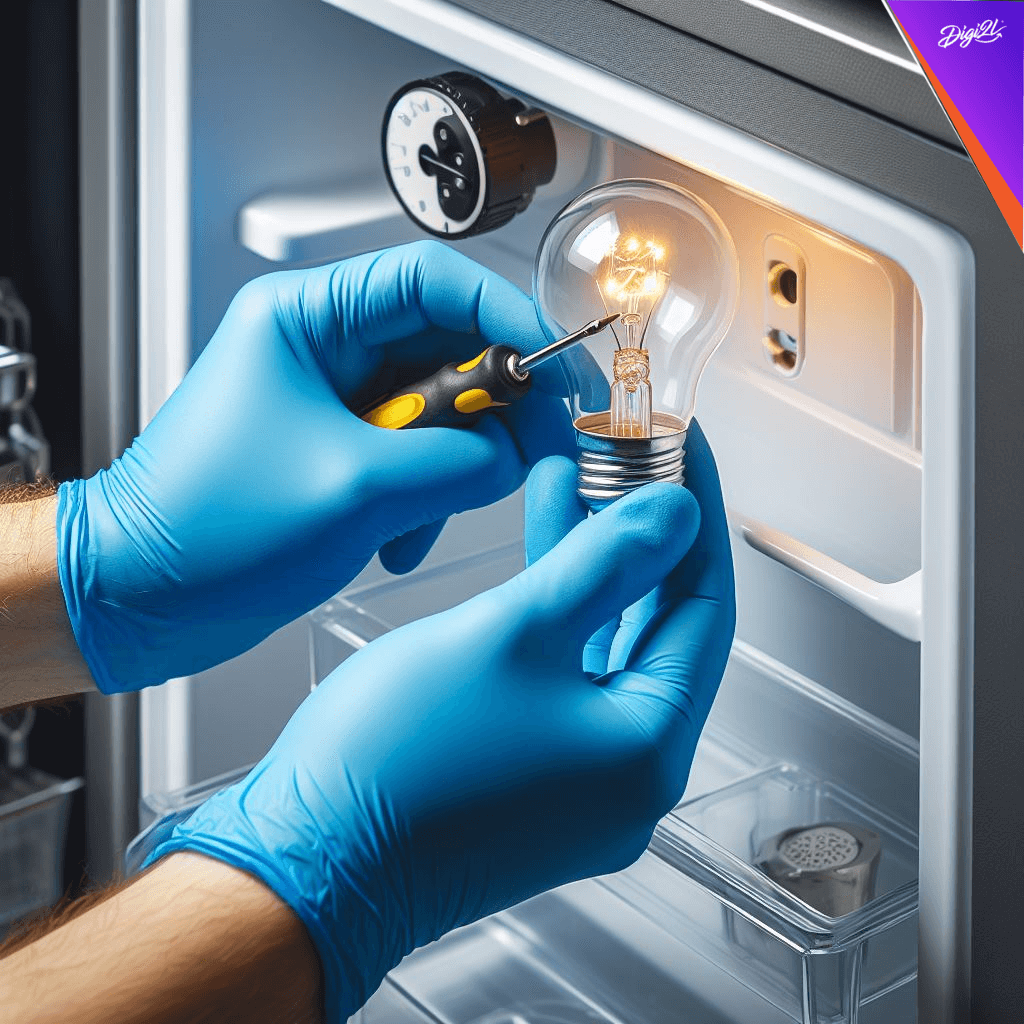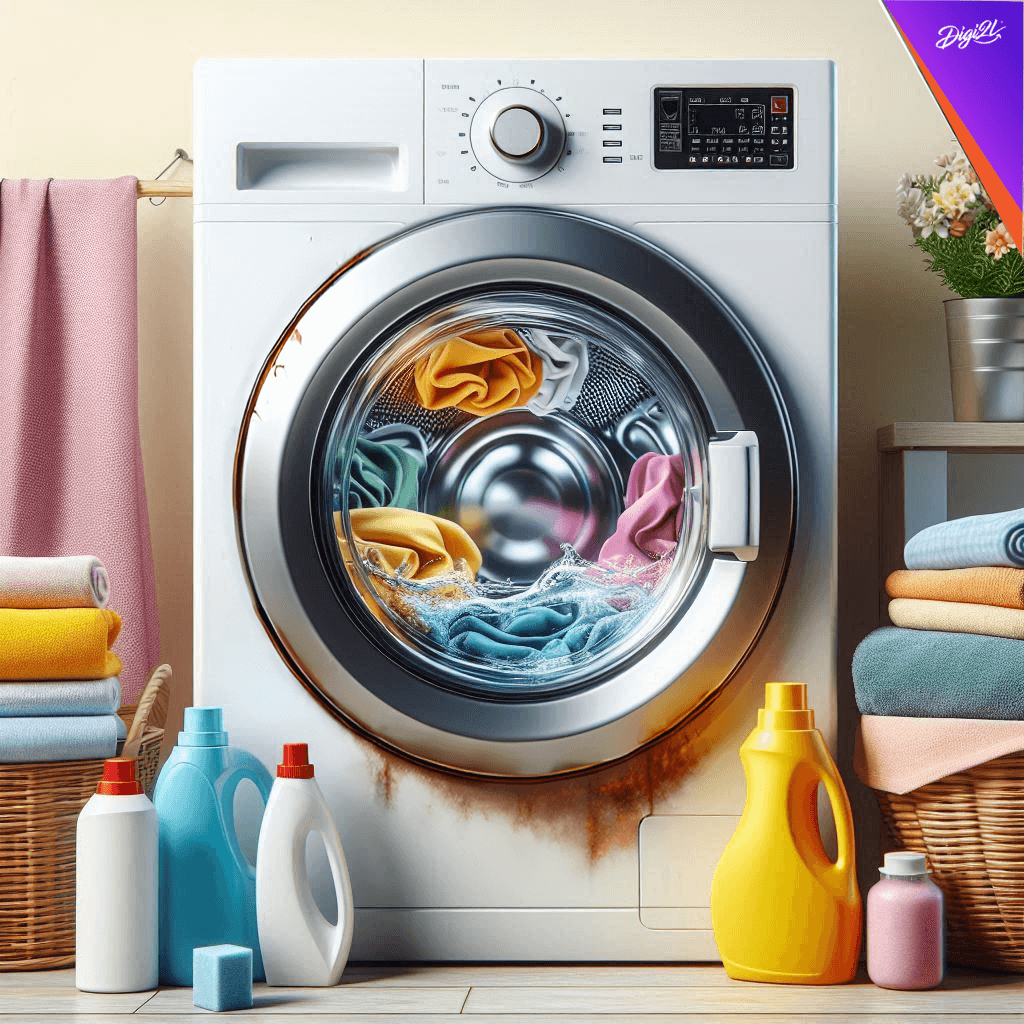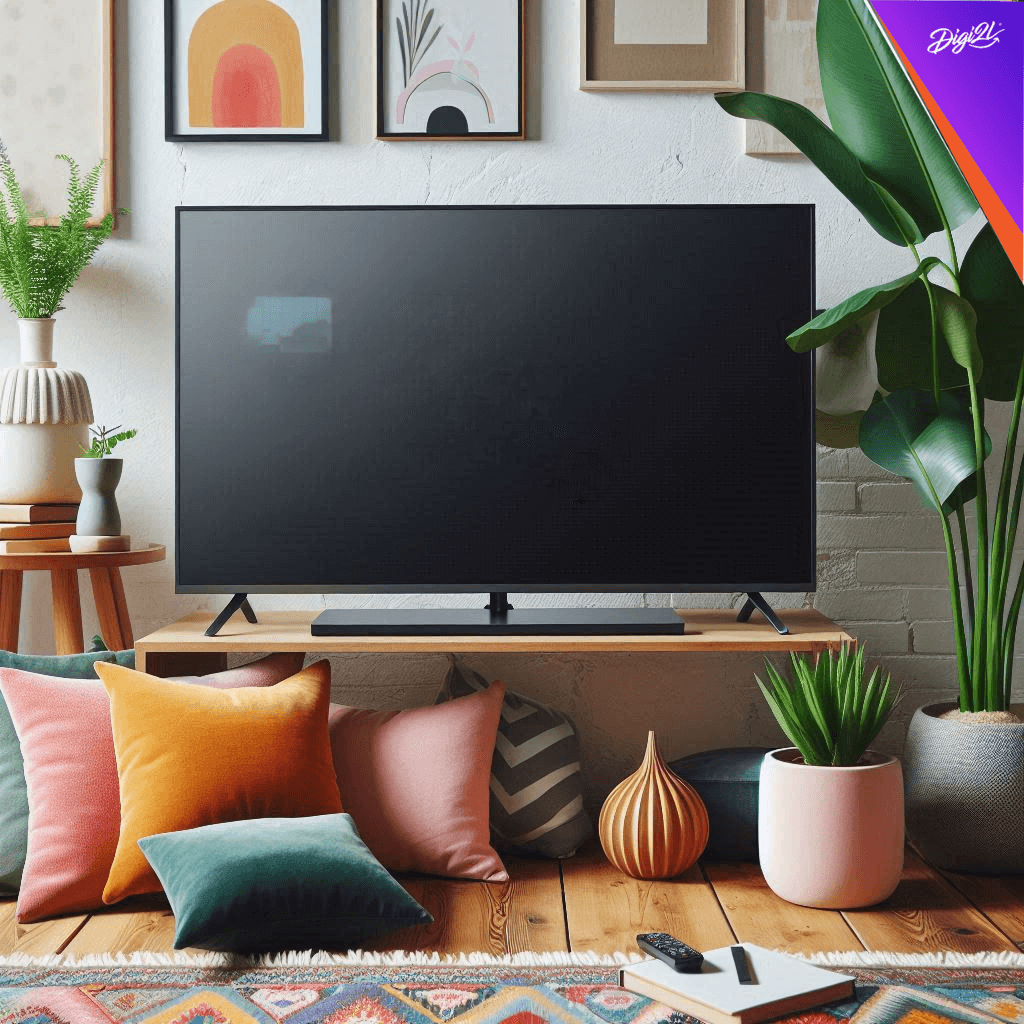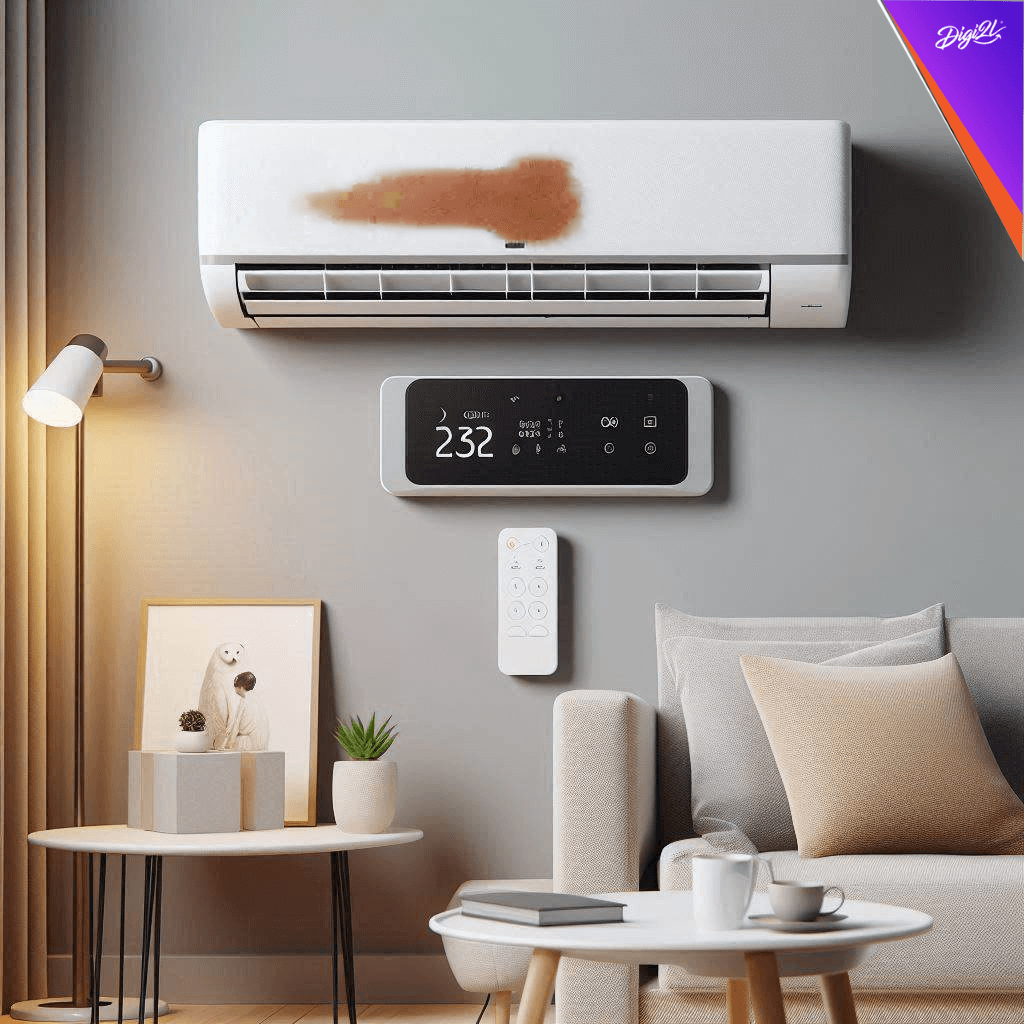
Please Wait ...


Blogs> Shedding Light on DIY Fridge Light Repair and Maintenance

Keeping your fridge in top condition is essential for preserving your food’s freshness and ensuring its longevity. One often overlooked aspect of fridge maintenance is its lighting system. The lights inside your fridge not only help you see what’s inside but also indicate whether the appliance is functioning correctly. However, like any other part of your fridge, these lights can malfunction or burn out over time. Fortunately, with some DIY know-how, you can easily repair and maintain your fridge lights without having to call in a professional. Understanding the basics of how your fridge’s lighting system works is the first step in effective maintenance. Most modern refrigerators use either LED or incandescent lights. LED lights are more energy-efficient and durable compared to traditional incandescent bulbs. However, regardless of the type of lighting your fridge uses, the repair and maintenance procedures are quite similar.
When troubleshooting fridge light issues, start by checking the power supply. Ensure that the fridge is plugged in and receiving electricity. If the fridge is getting power but the lights are still not working, the next step is to inspect the bulbs themselves. For LED lights, look for signs of physical damage or discoloration, indicating a faulty bulb. Incandescent bulbs may have a broken filament or appear blackened when burnt out. Replacing a faulty bulb is a straightforward process. Begin by unplugging the fridge to avoid the risk of electric shock. Depending on your fridge model, you may need to remove a cover or housing to access the light bulb. Once exposed, simply unscrew the old bulb and replace it with a new one of the same type and wattage. Be sure to handle LED bulbs carefully to avoid damaging them. Sometimes, the issue may not be with the bulb itself but rather with the socket or wiring. Inspect the socket for any signs of damage or corrosion. If the socket is damaged, it will need to be replaced. Similarly, check the wiring for any breaks or loose connections. Tighten any loose connections and replace any damaged wires as necessary. Preventive maintenance can also help prolong the life of your fridge lights. Regularly cleaning the interior of your fridge can prevent dust and debris from accumulating around the lights, which can cause them to overheat and fail prematurely. Additionally, checking the fridge’s temperature settings can help prevent excessive heat buildup, which can also affect the lifespan of the lights. While fridge lights may seem like a minor component, they play a crucial role in maintaining the functionality of your appliance. By familiarizing yourself with the basics of fridge light repair and maintenance, you can save time and money by addressing issues on your own. Remember to prioritize safety when performing any DIY repairs and always consult a professional if you’re unsure about any aspect of the process. With proper care and attention, your fridge lights can continue to illuminate your food for years to come.
The humble refrigerator is the unsung hero of the kitchen, tirelessly preserving our perishables day in and day out. But what happens when the light inside your fridge flickers or fails? While it might seem like a minor inconvenience, a malfunctioning fridge light can be frustrating and even impact your ability to locate items efficiently. Fear not, as we delve into the world of do-it-yourself (DIY) fridge light repair and maintenance, empowering you to shed light on the situation without breaking a sweat or the bank.
Understanding Fridge Lights: Before we roll up our sleeves, let’s shed some light on how fridge lights work. Most refrigerators feature an incandescent or LED light bulb mounted inside the fridge compartment. These bulbs illuminate the interior when the fridge door is opened, allowing you to see and access your food easily. Over time, these bulbs may dim, flicker, or stop working altogether due to various factors such as age, electrical issues, or simply reaching the end of their lifespan.
DIY Repair and Maintenance Tips:
A malfunctioning fridge light doesn’t have to leave you in the dark. With a bit of DIY know-how and some basic tools, you can troubleshoot and repair most issues with ease. By following these tips for DIY fridge light repair and maintenance, you can keep your refrigerator shining bright and your food easily accessible for years to come. Remember, safety always comes first, so if you’re unsure or uncomfortable with any aspect of the repair process, don’t hesitate to seek professional assistance. Hence, you know now the best way to handle your best home appliance, that is your loved refrigerator!

By Digi2L - June 8, 2024

By Digi2L - June 7, 2024

By Digi2L - June 6, 2024